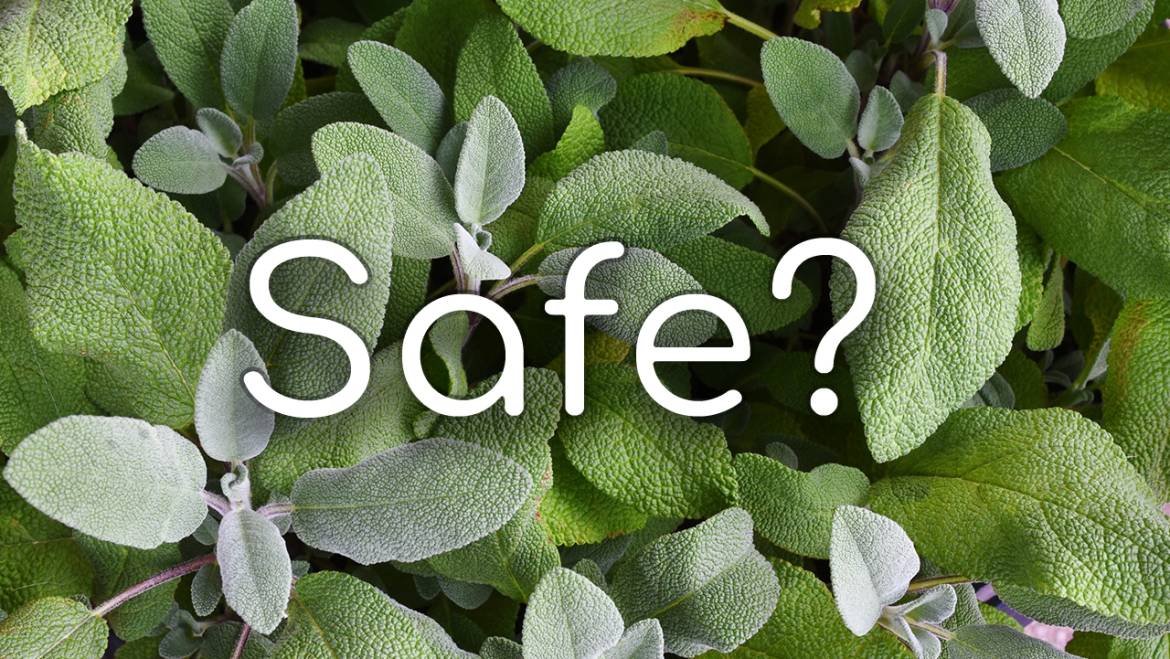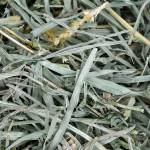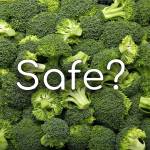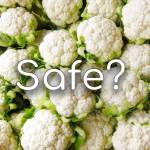If you are a chinchilla owner, it’s important to understand the dietary needs of your furry friend. Chinchillas require a specific diet to maintain their health and well-being. As a responsible pet owner, you may be wondering if it’s safe for your chinchilla to consume sage. In this article, we’ll discuss everything you need to know about sage and chinchillas.
What is Sage?
Sage (Salvia officinalis) is a perennial herb commonly used in cooking and for medicinal purposes. It has a strong, earthy flavor and is often used in savory dishes like stews, soups, and meat dishes. It is also used in herbal remedies for a variety of ailments, including sore throats, digestive issues, and memory problems.
Is Sage Safe for Chinchillas to Eat?
In general, chinchillas should not eat herbs or plants that are not part of their regular diet. While sage is not toxic to chinchillas, it can cause digestive upset and other health problems if consumed in large quantities.
Chinchillas require a diet that is high in fiber and low in fat and sugar. The majority of their diet should consist of hay and specially formulated pellets. While fruits and vegetables can be given as treats in small amounts, they should not make up a significant portion of their diet.
Can Chinchillas Eat Sage?
If you want to offer sage to your chinchilla as a treat, it’s important to do so in moderation. Sage contains essential oils that can cause digestive upset if consumed in large quantities. Additionally, it is high in calcium, which can contribute to the formation of bladder stones in chinchillas.
As with all treats, sage should only be given to chinchillas occasionally and in small amounts. A small pinch of fresh sage or a sprinkle of dried sage can be offered once or twice a week as a special treat.
Other Safe Treats for Chinchillas
If you’re looking for safe and healthy treats to offer your chinchilla, there are several options to choose from. Some safe treats include:
- Small amounts of fresh or dried fruits, such as apple slices or raisins.
- Fresh or dried herbs, such as rosemary, basil, or cilantro.
- Small pieces of hay cubes or hay-based treats.
- Plain, unsweetened shredded wheat or plain oatmeal.
It’s important to remember that treats should only make up a small portion of your chinchilla’s diet. Too many treats can lead to weight gain, digestive upset, and other health problems.
Signs of Digestive Upset in Chinchillas
If your chinchilla consumes too much sage or another food that is not part of their regular diet, they may experience digestive upset. Signs of digestive upset in chinchillas can include:
- Diarrhea or soft stools
- Decreased appetite or refusal to eat
- Abdominal pain or discomfort
- Bloating or gas
If you notice any of these symptoms in your chinchilla, it’s important to remove any new foods from their diet and monitor their condition closely. If their symptoms persist or worsen, it’s important to seek veterinary care.
While sage is not toxic to chinchillas, it should only be given in moderation as a special treat. Chinchillas require a diet that is high in fiber and low in fat and sugar, and their diet should consist primarily of hay and specially formulated pellets. If you’re looking for safe and healthy treats to offer your chinchilla, there are several options to choose from, including small amounts of fresh or dried fruits, herbs, hay-based treats, and plain shredded wheat or oatmeal. As always, it’s important to monitor your chinchilla’s diet and watch for signs of digestive upset. With proper care and attention, your chinchilla can live a healthy and happy life.







